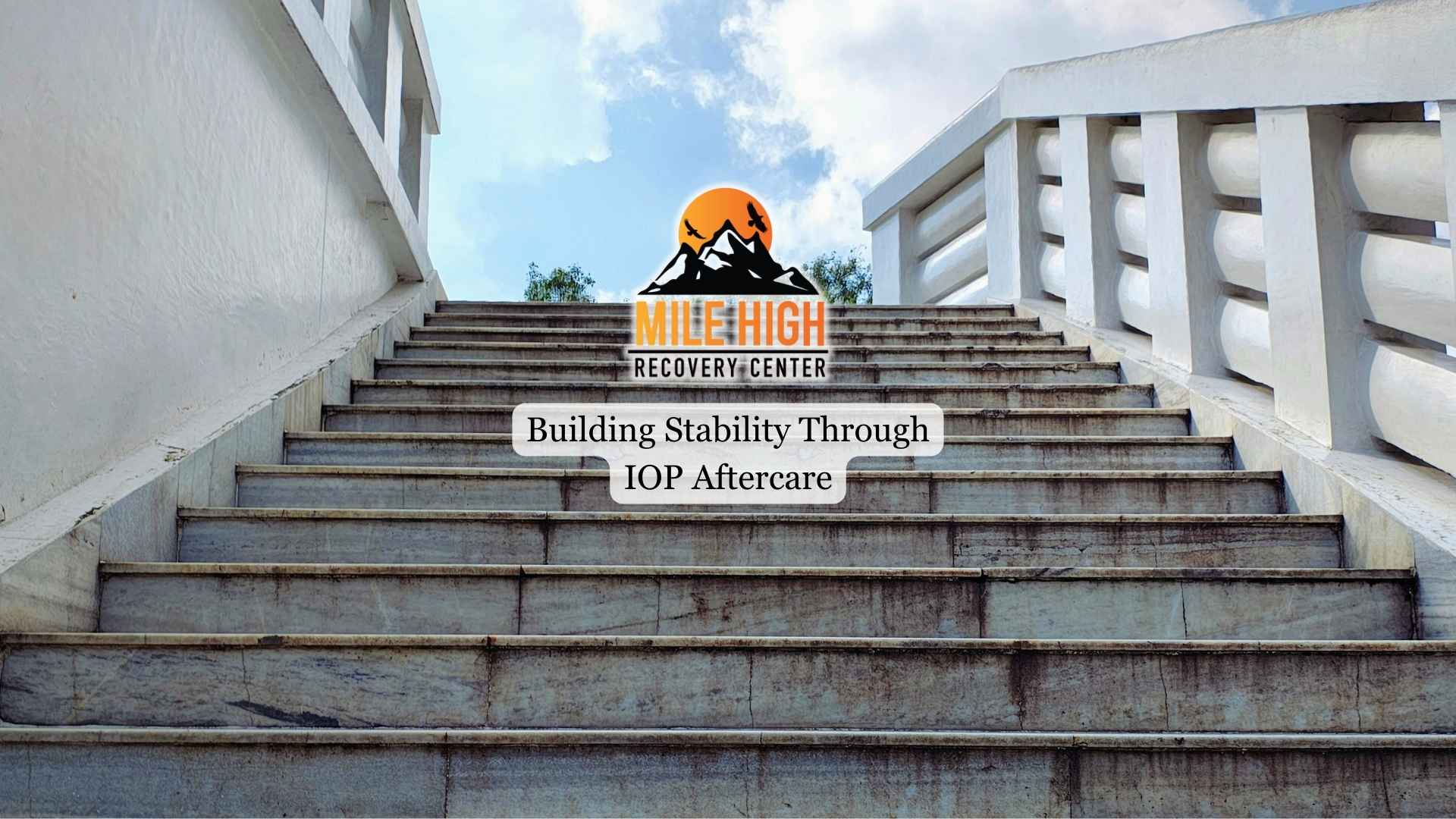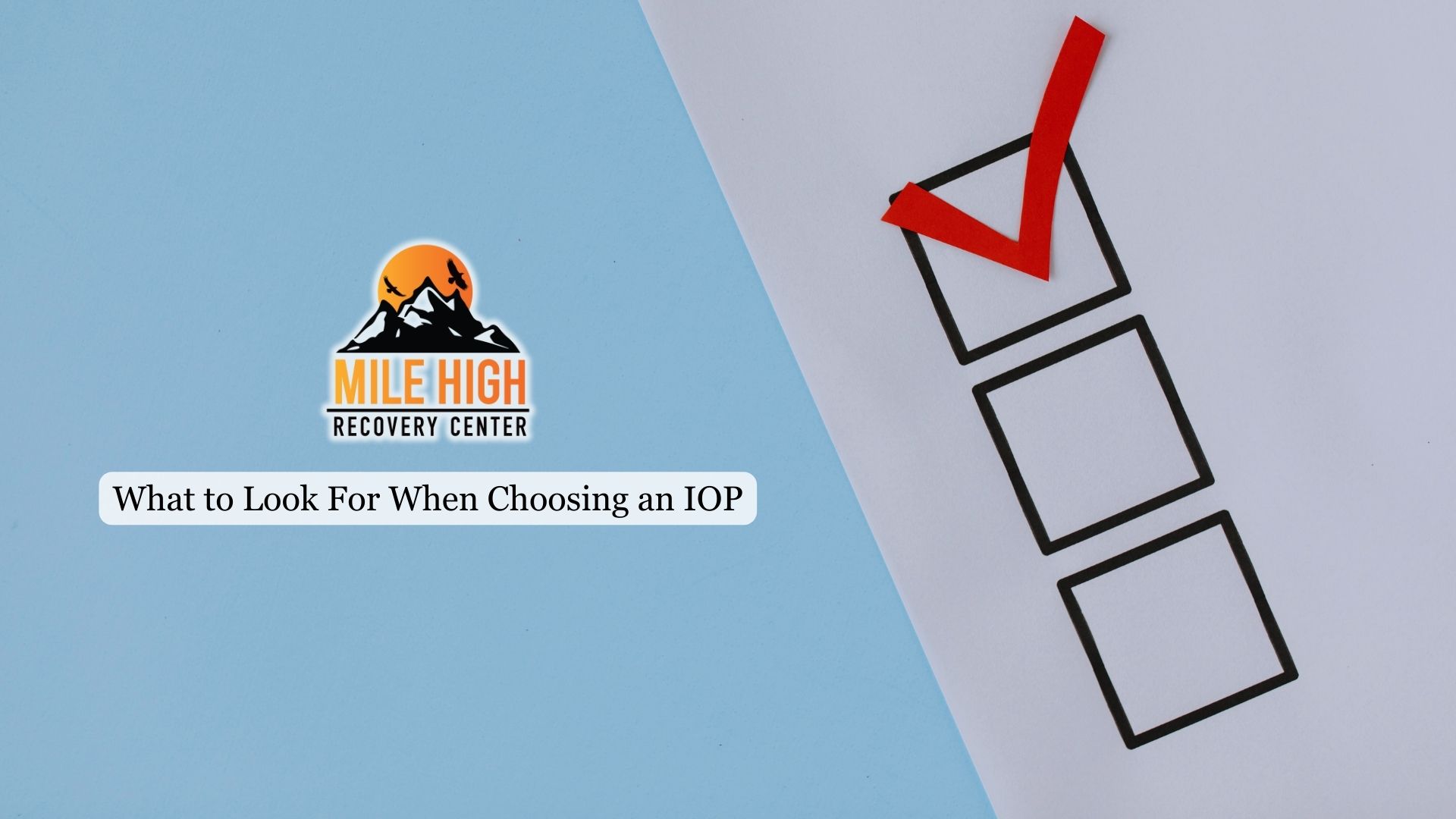Introduction to Addiction Treatment
In the realm of addiction treatment, two prominent therapeutic approaches stand out: motivational interviewing vs motivational enhancement therapy. While both aim to inspire change, each brings its unique methods and principles to the table.

Motivational Interviewing (MI)
Motivational interviewing is a collaborative, client-centered communication style designed to elicit and strengthen an individual’s own motivation for change.
It emphasizes partnership, empathy, and autonomy, creating a safe space for individuals to explore their ambivalence about change and ultimately make their own decisions about their recovery journey.1
Motivational Enhancement Therapy (MET)
Distinctions Between MI and MET
Theoretical Foundations and Evolution of Motivational Interviewing vs Motivational Enhancement Therapy
- Carl Rogers’ person-centered therapy
- Motivational psychology
- Social learning theory
Development and Refinement of Motivational Enhancement Techniques
- Assessment and feedback: Utilizing standardized assessments to provide personalized feedback about the individual’s situation and potential for change.
- Goal setting: Collaboratively developing specific, measurable, achievable, relevant, and time-bound (SMART) goals for behavior change.
Core Techniques and Strategies of Motivational Interviewing vs Motivational Enhancement Therapy
Motivational Interviewing
- Open-ended questions: These questions encourage elaboration and exploration of the client’s thoughts, feelings, and experiences. Examples include: “What are your thoughts on making some changes?” or “Can you tell me more about what’s important to you in achieving your goals?”
- Reflective listening: By actively listening and reflecting back the client’s statements, the therapist validates their experiences and fosters deeper understanding. This can involve rephrasing, summarizing, and clarifying the client’s words.
- Affirmations: Recognizing and acknowledging the client’s strengths, efforts, and past successes helps build confidence and motivation for continued progress. Examples include: “I appreciate your honesty in sharing that” or “It sounds like you’ve already made some positive changes.”
- Summarizing: Briefly restating key points from the conversation can help the client consolidate their thoughts, identify patterns, and move forward in a productive direction.
Motivational Enhancement
- Feedback on personal behaviors and consequences: Utilizing assessment results and personalized data, the therapist provides feedback to help the client understand the potential impact of their current behaviors and the benefits of change.
- Emphasis on client autonomy and self-efficacy: MET empowers individuals by fostering a sense of control over their choices and highlighting their inherent strengths and capabilities to make positive changes.
- Exploring ambivalence and discrepancies: The therapist helps the client identify the inconsistencies between their stated values and their current behaviors, highlighting the potential for dissonance and motivating change.
- Goal-setting and decisional balance exercises: Collaboratively developing SMART goals and engaging in exercises like decisional balance provide a concrete roadmap and empower individuals to make informed decisions about their recovery journey.
Applications in Addiction Treatment and Mental Health
Motivational Interviewing
- Engaging Clients in the Change Process: MI helps individuals feel comfortable expressing their concerns and exploring their options, increasing their willingness to engage in treatment.
- Enhancing Intrinsic Motivation for Behavior Change: Through open-ended questioning, reflective listening, and affirmation, MI empowers individuals to discover their own reasons for change and fosters a sense of ownership over their recovery journey.
- Resolving Ambivalence and Building Commitment to Change: MI helps individuals explore the mixed feelings they may have about change and ultimately move towards a stronger commitment to positive action.
Motivational Enhancement
- Providing Feedback to Increase Awareness of Consequences: MET utilizes personalized feedback based on assessments to help individuals understand the potential negative consequences of their current behaviors and the positive outcomes associated with change.
- Fostering Self-Directed Change Through Collaborative Exploration: MET emphasizes collaboration, encouraging individuals to actively participate in their own treatment.
- Strengthening Commitment to Change: MET helps individuals reconnect with their core values and aspirations, highlighting the potential for change to align with their long-term recovery goals.
Beyond Addiction Treatment
- Depression
- Anxiety disorders
- Eating disorders
- Post-traumatic stress disorder (PTSD)
- Adherence to medication regimens
Efficacy and Effectiveness of Motivational Interviewing vs Motivational Enhancement Therapy
A Deeper Look
For instance, a randomized controlled trial found that individuals receiving MET for alcohol use disorders reported greater acknowledgement of drinking compared to those receiving Alcohol Education (AE).7
MET has also been shown to be effective in increasing readiness for change and promoting treatment adherence in various populations, including individuals with co-occurring disorders and adolescents.
While the benefits of motivational interviewing vs motivational enhancement therapy will vary depending on the individual, Mile High Recovery Center can help you determine the best treatment for your needs.
Integration of Motivational Interviewing vs Motivational Enhancement Therapy in Adaptation in Clinical Practice
- Building rapport and fostering a collaborative environment: Creating a safe space for open communication and shared decision-making is crucial for fostering trust and motivation for change.
- Utilizing open-ended questions and reflective listening: Encouraging clients to elaborate on their experiences, concerns, and desires allows therapists to understand their perspectives and tailor interventions accordingly.
- Affirming strengths and fostering self-efficacy: Recognizing and acknowledging clients’ strengths, past successes, and efforts towards change builds confidence and empowers them to believe in their ability to make progress.
- Eliciting and exploring ambivalence: Helping clients explore their mixed feelings about change can facilitate a deeper understanding of their motivations and potential barriers.
- Providing feedback and collaborating on goal setting: When appropriate, utilizing personalized feedback can provide direction and increase commitment to change.
Tailoring Techniques to Individual Needs and Preferences
- Considering cultural background and communication styles: Tailoring communication and interventions to align with the client’s cultural background and preferred communication style fosters trust and understanding.
- Addressing individual readiness for change: Adapting the level of structure and directiveness based on the client’s current stage of change can optimize engagement and progress.
- Integrating with other therapeutic approaches: Motivational interviewing vs motivational enhancement therapy can be effectively combined with other evidence-based therapies to create a comprehensive and individualized treatment plan.
Incorporating MI and MET into Comprehensive Treatment Programs
- Complementing other therapeutic interventions: These approaches can enhance the effectiveness of other therapies, such as cognitive-behavioral therapy (CBT) or dialectical behavior therapy (DBT), by fostering motivation and engagement.
- Supporting relapse prevention: The skills and self-awareness developed through MI and MET can empower individuals to identify triggers, manage cravings, and cope with challenges effectively, reducing the risk of relapse.
- Promoting long-term recovery: By fostering intrinsic motivation and self-efficacy, MI and MET can contribute to sustained positive changes and a healthier lifestyle beyond the initial treatment phase.

Determining Which Therapy Option is Right For You with Mile High Recovery Center
Determining whether motivational interviewing vs motivational enhancement therapy is right for you depends on various factors, including your personal preferences, treatment goals, and individual needs.
Our knowledgeable and compassionate team at Mile High Recovery Center can help you look into the following considerations to assist you in making an informed decision:
Understanding the Differences
Clarify Your Treatment Goals
Assess Your Readiness for Change
Consider Your Personal Preferences
Seek Professional Guidance
Be Open to Flexibility
Take Charge of Your Recovery Journey With Our Caring Team
At Mile High Recovery Center, we understand that the path to recovery is unique for each individual. We are committed to providing personalized, evidence-based treatment that empowers you to achieve long-term success.
If you’re ready to take control of your recovery and explore the options available, we encourage you to reach out today. We offer a free and confidential assessment to discuss your individual needs and help you find the path forward that best suits you.
Resources
- https://www.verywellmind.com/what-is-motivational-interviewing-22378
- https://www.verywellmind.com/motivational-enhancement-therapy-definition-techniques-and-efficacy-5212830
- https://www.ncbi.nlm.nih.gov/pmc/articles/PMC8939890/#:~:text=Motivational%20interviewing%20(MI)%20was%20started,by%20exploring%20and%20resolving%20ambivalence.
- https://www.ncbi.nlm.nih.gov/pmc/articles/PMC1463134/
- https://www.researchgate.net/publication/371255695_The_effectiveness_of_motivational_enhancement_therapy_for_addiction_treatment_and_attitudinal_ambivalence_towards_addiction
- https://www.niaaa.nih.gov/sites/default/files/match02.pdf
- https://www.sciencedirect.com/science/article/pii/S0740547217302477






